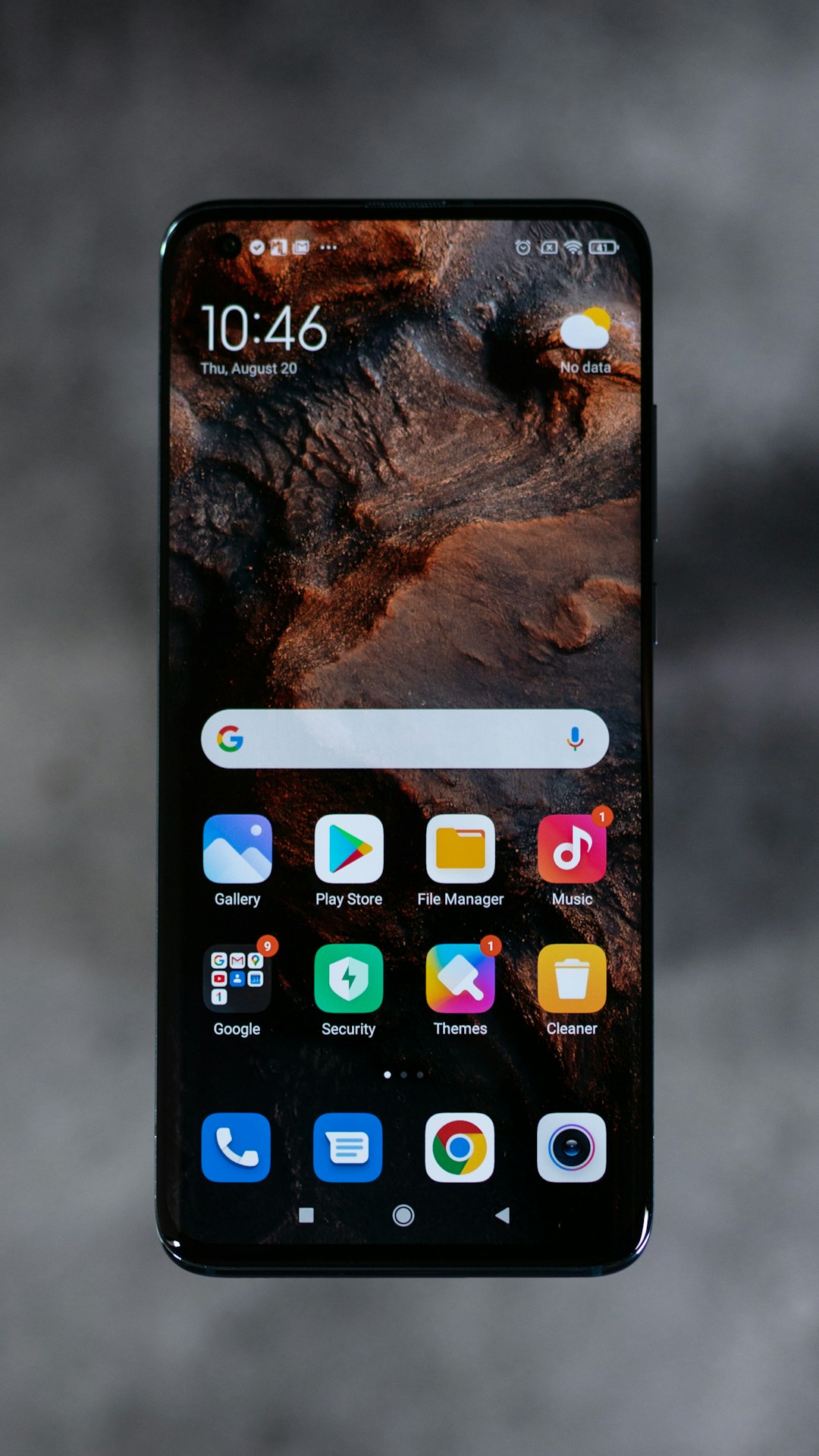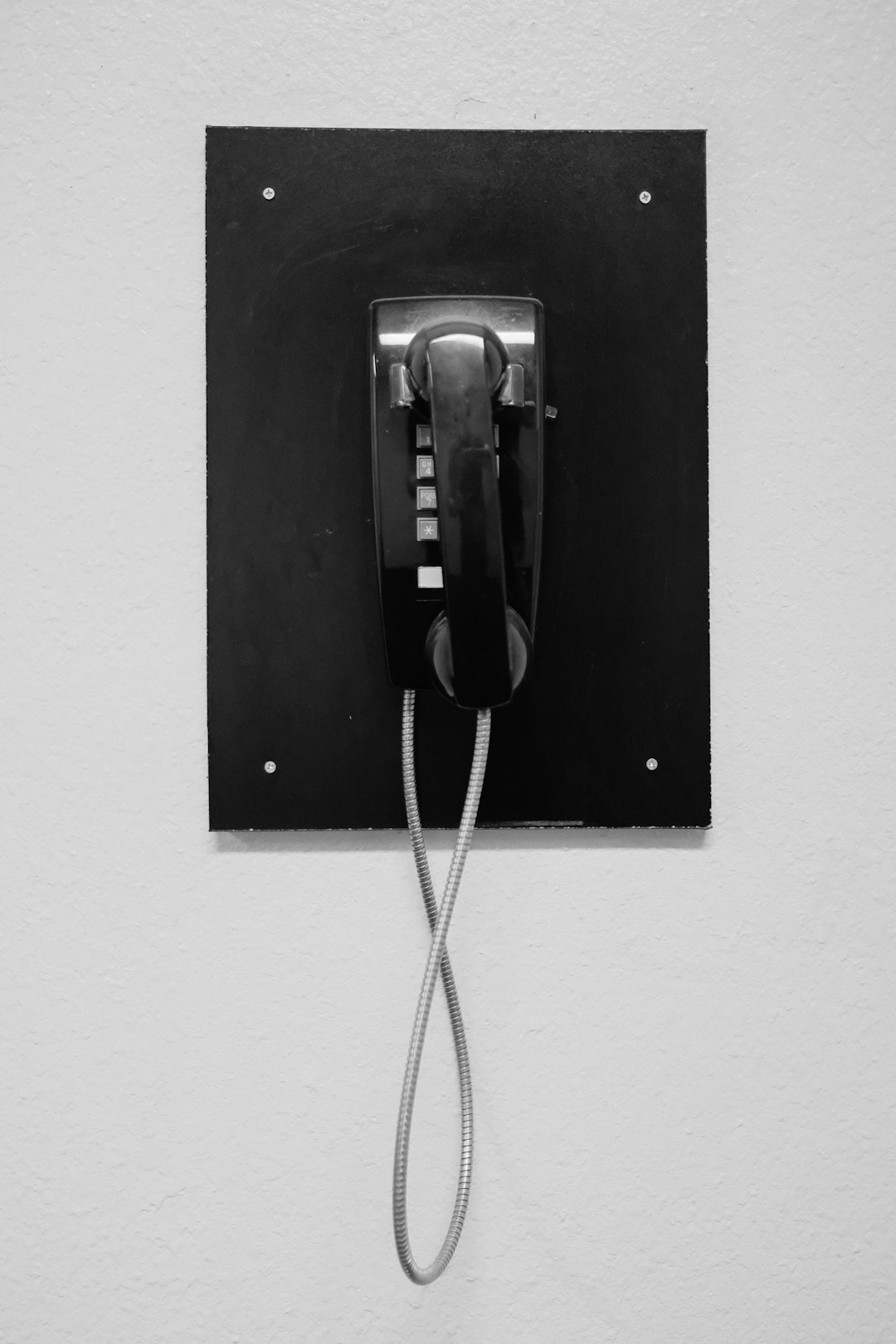Rural healthcare in Arkansas faces challenges from unwanted robocalls, impacting patient privacy and accessibility. Robocall attorney DeWitt offers legal guidance, educates on ethical practices, and leverages consumer protection laws to combat intrusions. By partnering with experts, healthcare organizations protect patients and maintain a peaceful environment, ensuring uninterrupted services in critical rural areas.
In today’s digital age, rural healthcare facilities are facing a new challenge: robocalls. These automated calls, often used for marketing or scams, can disrupt patient care and provider accessibility. DeWitt, a leading robocall attorney in Arkansas, is tackling this growing concern head-on. This article explores how DeWitt is protecting patients and providers through innovative legal strategies, emphasizing the importance of addressing robocalls in rural healthcare settings to ensure efficient and secure communication.
Robocalls in Rural Healthcare: A Growing Concern

In the rural healthcare landscape, a silent yet pervasive issue has been emerging—robocalls. These automated phone calls, often from unknown sources, have become a growing concern for patients and medical professionals alike. As technology advances, so do the tactics of telemarketers and scammers, making it increasingly difficult to distinguish legitimate communications from unwanted intrusions. Rural areas, with their lower population densities, are particularly vulnerable to this issue.
DeWitt, as a leading robocall attorney in Arkansas, recognizes the unique challenges faced by rural healthcare providers and their patients. With a deep understanding of telemarketing laws and regulations, DeWitt is dedicated to advocating for individuals and organizations navigating this complex landscape. By employing strategic legal solutions, they aim to protect privacy rights, ensure compliance, and promote ethical communication practices, especially in the context of rural healthcare, where trust and accessibility are paramount.
DeWitt's Approach: Protecting Patients and Providers

DeWitt, a leading robocall attorney in Arkansas, has recognized the unique challenges faced by rural healthcare providers and patients due to unwanted automated calls. In response, they’ve developed a comprehensive strategy to safeguard individuals within this vulnerable community. By implementing robust legal measures, DeWitt aims to protect patient privacy and ensure that medical professionals can maintain a peaceful and efficient working environment free from intrusive robocalls.
Their approach involves staying abreast of evolving legislation related to robocalling regulations and leveraging cutting-edge technologies to block or divert these calls effectively. Through education and advocacy, DeWitt empowers both patients and healthcare providers with the knowledge needed to identify and report suspicious activities, fostering a culture of vigilance and security in rural healthcare settings.
Legal Strategies to Combat Automated Calls in Arkansas

In Arkansas, rural healthcare providers and patients alike face a growing challenge from automated or robocalls, which can disrupt services and cause distress. Legal strategies are emerging to combat this issue. Robocall attorneys in Arkansas are leveraging consumer protection laws, such as the Telephone Consumer Protection Act (TCPA), to hold call centers accountable for excessive or unauthorized automated calls.
These legal actions aim to deter spam calls by imposing significant fines on violators. By working with robocall attorney Arkansas, healthcare organizations can protect their patients and maintain a peaceful environment. Such efforts not only safeguard individuals’ peace of mind but also ensure that healthcare services remain accessible and unobstructed in rural areas, where residents often rely heavily on telemedicine and other remote care options.






